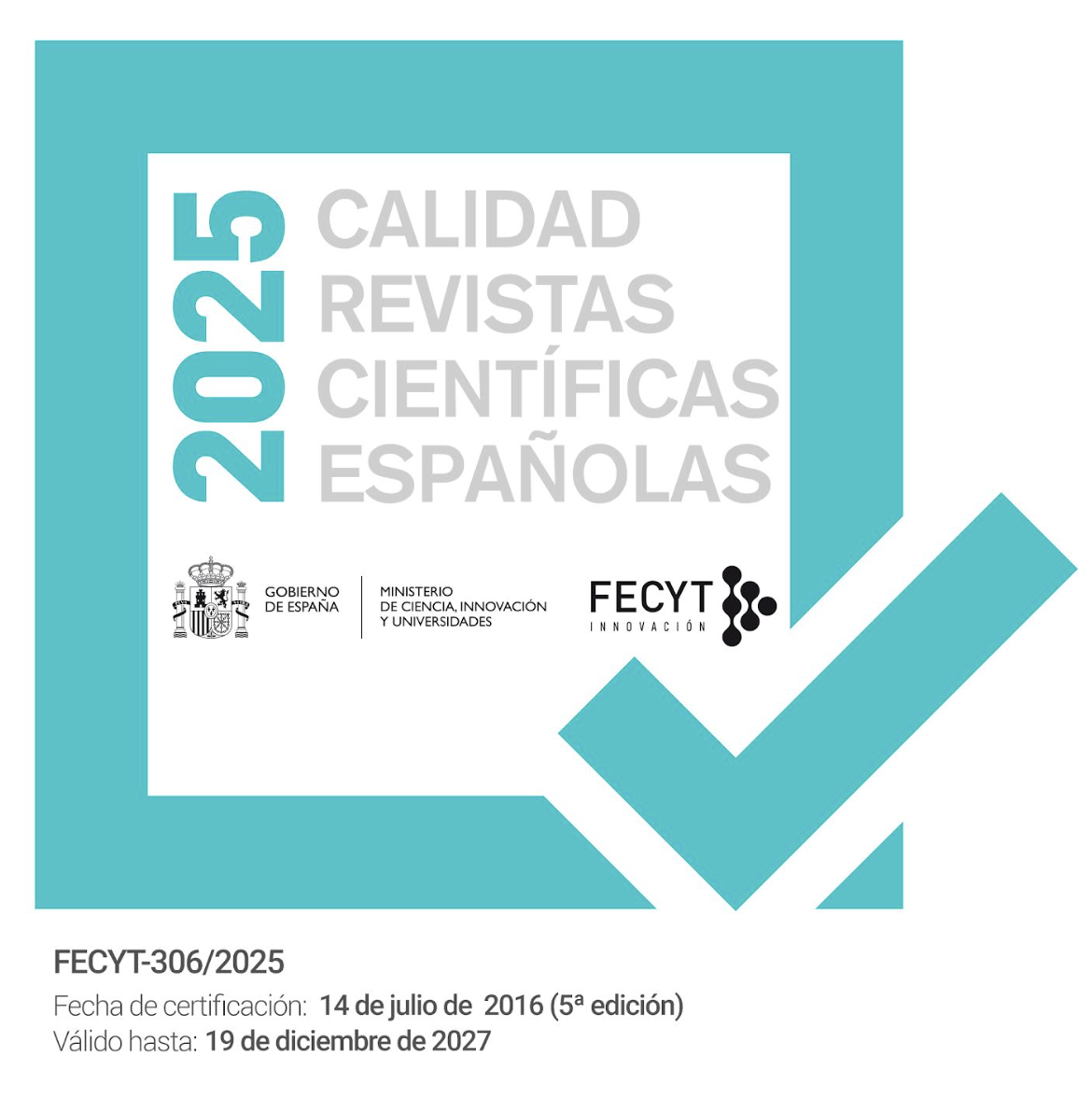A closer look at the sociological perspective of Alejandro Portes
DOI:
https://doi.org/10.22325/fes/res.2020.41Keywords:
economic sociology, migrations, institutions, sociological theory, concepts, interview, Alejandro PortesAbstract
Alejandro Portes is the Howard Harrison and Gabrielle S. Beck Professor of Sociology (emeritus) at Princeton University, and Professor of Law and Distinguished Scholar of Arts and Sciences at the University of Miami. His recent research focuses on the integration of the second generation, transnational immigrant organizations, and urbanization and development in comparative perspective. In 2019, Professor Portes received the Princess of Asturias Award for Social Sciences. This interview reflects the author’s perspective on key issues of sociological research and practice. A brief description of his biographical trajectory is followed by accounts of his main research endeavors and substantive arguments about the role of concepts and theory in sociology, interdisciplinarity, applied sociology and the global purpose of sociology as a discipline.
Downloads
Published
How to Cite
Issue
Section
License
• The transfer of the copyright of the article to Revista Española de Sociología.
• The assignment to the Revista Española de Sociología of the rights of commercial exploitation of the article to third parties both in the offset and digital formats, as well as to the search engines and platforms that may serve as intermediaries for the sale or knowledge of the article.




